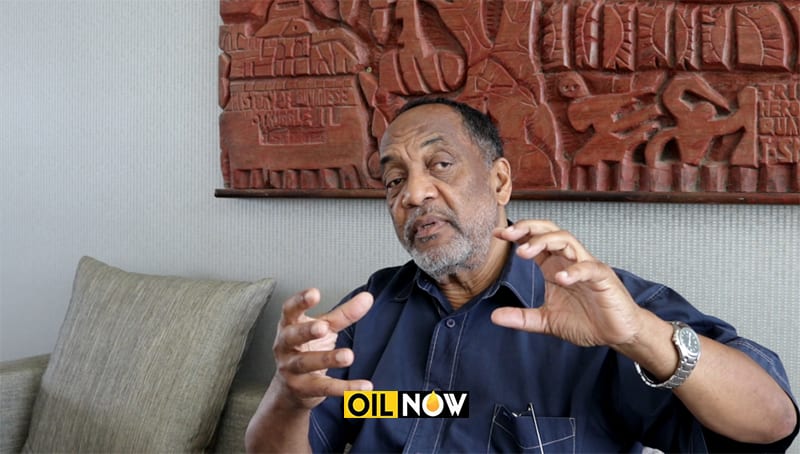The absence of a well-articulated vision that outlines how oil revenue will be spent to transform Guyana and improve the living standards of its small population of 750,000 is a matter that needs urgent attention. This is the view of a Guyanese Engineer with years of experience working in the United States Department of Energy, who says this lack of clarity does not bode well for the South American country.
Dr. Vincent Adams grew up in the mining Town of Linden in Guyana and says he witnessed first-hand how the failure to formulate a comprehensive plan for the management of resource wealth could have adverse effects on the population and country.
The retired US Department of Energy Engineer said at the height of bauxite production and favorable world prices, little attention was paid to other sectors such as agriculture and forestry. The downturn in the bauxite industry resulted in hardships for the community, which is still being felt to this day.
“There must be a vision. We have to ensure that when oil is gone the country and the communities are much better off than they were before oil. We cannot afford to lose this opportunity of the oil revenues. It’s not about oil alone,” he told OilNOW during a recent interview.
With oil production just three years away, Dr. Adams said rigorous planning should already be underway that focuses not only on policy and regulations, but where the country wants to be in coming decades, and how it intends to get there.
“We can’t wait on oil production. This whole oil operation starts today…and that’s why this whole thing about the vision; we need to stop doing things piecemeal. We need to start thinking…ok…what’s our end game. Our end game is to make this country better and to raise the standard of living of people in an environmentally sound and safe manner,” he pointed out.
OilNOW noted in a June 15 Editorial that many oil producing countries around the world have long-term development plans that factor-in how oil monies will be spent. These plans are modified at intervals, in keeping with changing global economic and other conditions. These development plans are in the public domain, allowing citizens of these countries the opportunity to read and understand the process. It also provides valuable information to persons looking in, such as investors and potential investors who welcome a stable business climate in which to operate.
Dr. Adams believes the absence of this vision makes it difficult for Guyanese to understand, and in some cases, he said, actually believe that oil production will benefit them, hence the skepticism and even suspicion that exist in some sections of the society.



